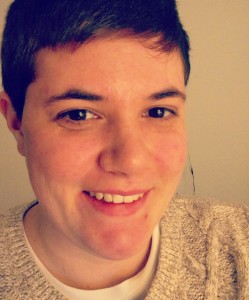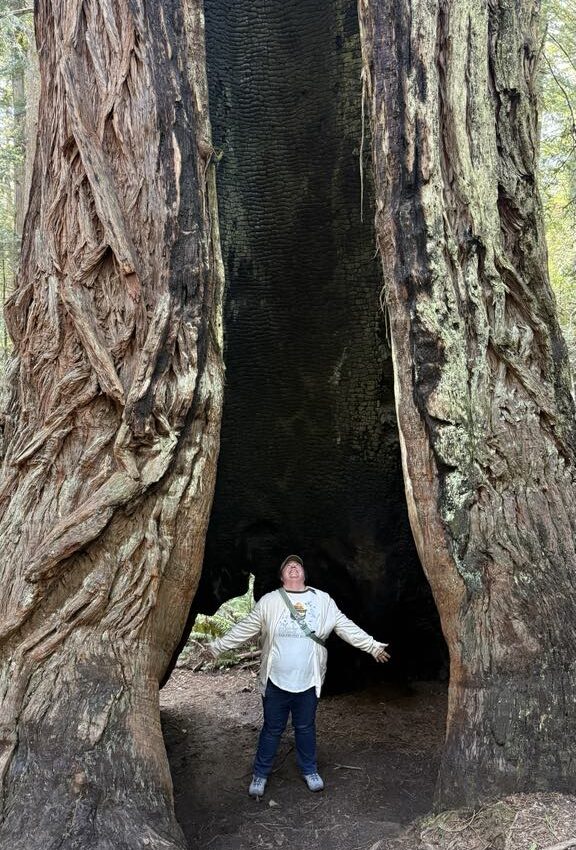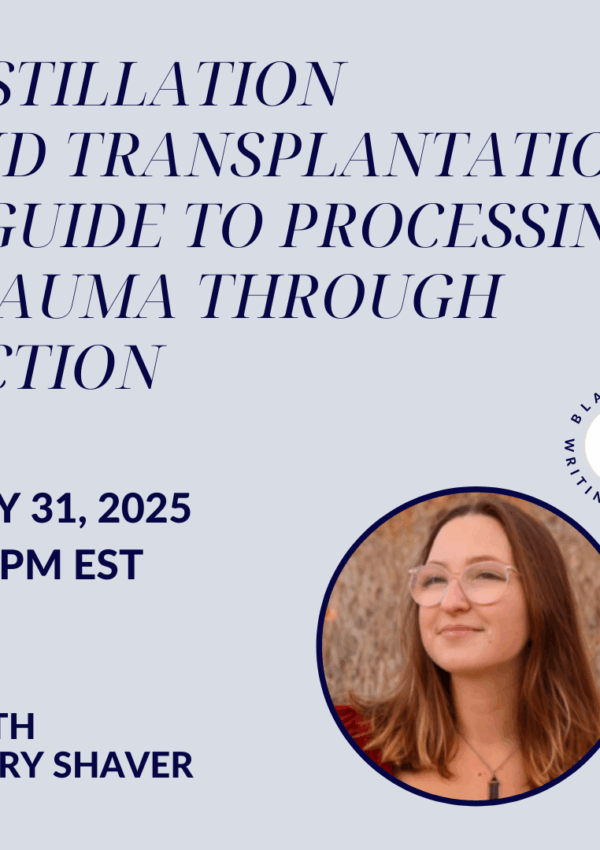I recently received an email from a young woman asking for advice. She is a junior at the fine arts high school I attended more than ten years ago. She contacted me at the email address affiliated with my school, a well-known communications and arts school in Boston where I received my MFA and where I now teach composition to undergraduates. She wanted to know if I’d recommend applying to their undergraduate writing program. She was sure, she wrote, that she wanted to study creative writing in college.
I wasn’t sure how to answer her. Her email was punctuated with exclamation points that conveyed an enthusiasm I recognized from my own high school self–when I was immersed in the experience of an arts academy and eagerly anticipating my leap into the world of college and what I thought of as my first step in a career of writing creatively. I wanted to be a Real Writer and I knew, I was sure, that the path to legitimate writing was through the creative writing major.
I have a long history of writing creatively for school. When I was 15, I left my Wisconsin home to attend an arts academy in northern Michigan. Every student at this school was required to declare an area of concentration, a major, and I happily entered the creative writing program. In the mornings I studied math and history and science like all high school students getting ready for college, and in the afternoon I studied fiction and poetry, getting ready for what I envisioned as a necessary part of my college career as well.
High school was a transformative time in my life, as it is for almost everyone, and there are many reasons that this school was the best possible environment for me, not the least of which being that it had a visible and vocal queer community, which facilitated my own coming out. But it started me early on an academic path that led to me learning to write within the context of the classroom. From there, I went to a small liberal arts college with a strong creative writing program and then, after a few years off, back to school for my MFA, concentrating in fiction. I graduated in 2014, and since then I’ve been teaching writing, both creative and expository.
Academic work is comforting to me. It’s easier. There are schedules and deadlines and word counts. Expectations are set, and either met or not met. There are evaluators who you know will at the very least be reading your work, even if they don’t like it, something you can’t take for granted anywhere else. There’s consistency and a clear path to successful completion of the course. At the end of the semester, you get a grade that lets you know how you did.
Writing isn’t like that, at least not once it leaves the classroom. There is considerably more doubt. W. S. Merwin tells us, “You die without knowing/whether anything you wrote was any good/if you have to be sure don’t write.” There are no schedules or deadlines in Real Writing. There are no instructors giving feedback in red ink. Instead, there are stacks of rejections from people who may not have read more than a couple pages of your story. There is nothing to let you know what you need to do, or to tell you whether you are even moving in the right direction.
Creative writing can take place in the context of school, but it’s not by its nature “school writing.” There is plenty of discussion about the homogenizing influence of the classroom, whether the MFA workshop results in a particular “kind” of story being produced. The classroom is certainly not the only place to learn how to write creatively, and it may not even be the best place. The most beneficial aspect of the creative writing major may be that it requires a lot of reading, which is what you really need to be doing if you want to learn how to write.
There are many practical reasons not to major in creative writing. Art isn’t practical. Increasingly, college is. “What do you plan to do with that?” was a question I heard frequently both in undergrad and graduate school. When I was 18, I would respond, “I plan to write,” but that answer doesn’t fully add up since you don’t need a degree to do that. People thoughtfully reminded me that even an English degree would be more marketable than a degree in creative writing. And I can admit to feeling an acute sense of regret at graduation when I was leaving college and in fact didn’t have a job waiting for me.
But my MFA allows me to teach, which is my second passion and my primary reason for going to graduate school in the first place. I transitioned from studying writing in the classroom to teaching writing in the classroom. But I find it a little odd that creative writing is tied to academia, and that so many writers are also professors. In many ways, teaching is not a good profession for those hoping to become serious writers. The hours are inconsistent and the workload is heavy if you take feedback seriously. I frequently find myself answering frantic emails from my procrastinating students late at night and it feels like I never “clock out.” Teaching requires some degree of devotion, and I often feel that I expend more time, effort, and emotional energy on my students’ writing than I do on my own.
I’ve had good writing teachers and great writing teachers, and unfortunately, some not so great. The instructors who have been the worst teachers have consistently been those who make it clear that their real focus is their own work, which I don’t think is something they should have to apologize for. If you work in academia, your focus will always be split between your students and your work. Some people can do it all, but most of us have to choose how to divide our limited time and energies.
I pursued a writing degree because I wanted to teach writing. But I know the real reason my 18-year-old self was so obstinate about majoring in creative writing. She wanted to be a Writer, and there is no easy way to achieve that, to know for certain that you’ve done it. The most obvious way to be a writer is to write, but that’s a little unsatisfying if you want something concrete. Publication is another way to measure, but the path to publication is uncertain and uneven. How much easier to accomplish something with clear expectations, a clear rubric, and a clear end point.
Creative writing has its place within the college curriculum, as do all the fine arts. But the classroom is a simulated space; it abides by its own set of rules. Creative writing is not confined to the classroom, or by it, and I think it’s important to see the disconnection between writing creatively and writing for school.
I wish I could say I wrote back to this young woman’s email with something profound or important, something that would help to illuminate the way. Instead, I told her to consider her reasons for majoring in creative writing as she chose a program. What did she hope to do with her degree? Did she plan to go to graduate school? Did she want to teach? To edit? Something else? In short, I replied with exactly the advice I would have ignored.
 Colleen Fullin received her MFA from Emerson College in 2014 and has since been teaching writing to undergraduate students. Her work has appeared in Black Fox Literary Magazine, The Drum, Northwind, 10,000 Tons of Black Ink, and Bellow Literary Journal, among others. She lives in Cambridge, MA.
Colleen Fullin received her MFA from Emerson College in 2014 and has since been teaching writing to undergraduate students. Her work has appeared in Black Fox Literary Magazine, The Drum, Northwind, 10,000 Tons of Black Ink, and Bellow Literary Journal, among others. She lives in Cambridge, MA.




I have known Colleen Fullin her whole life and as her mother I have watched her blossom into the writer she is today. I have supported her throughout her career choice since she was 10 and she attended a month long art camp where she eventually attended High School to study creative writing, not the usual major offered in the local high schools. I am very proud of who she has become and proud she has chosen the road less traveled. I really can relate to the struggle she experienced and how difficult it is to guide a young budding creative students into making the choice of a major that may not automatically lead to a career.. I had the same feelings as a mother guiding or misguiding my daughter.
Thanks for your thoughtful response, Patricia. We’re so glad you encouraged Colleen along the way. It takes so much courage to forge an artist’s path.